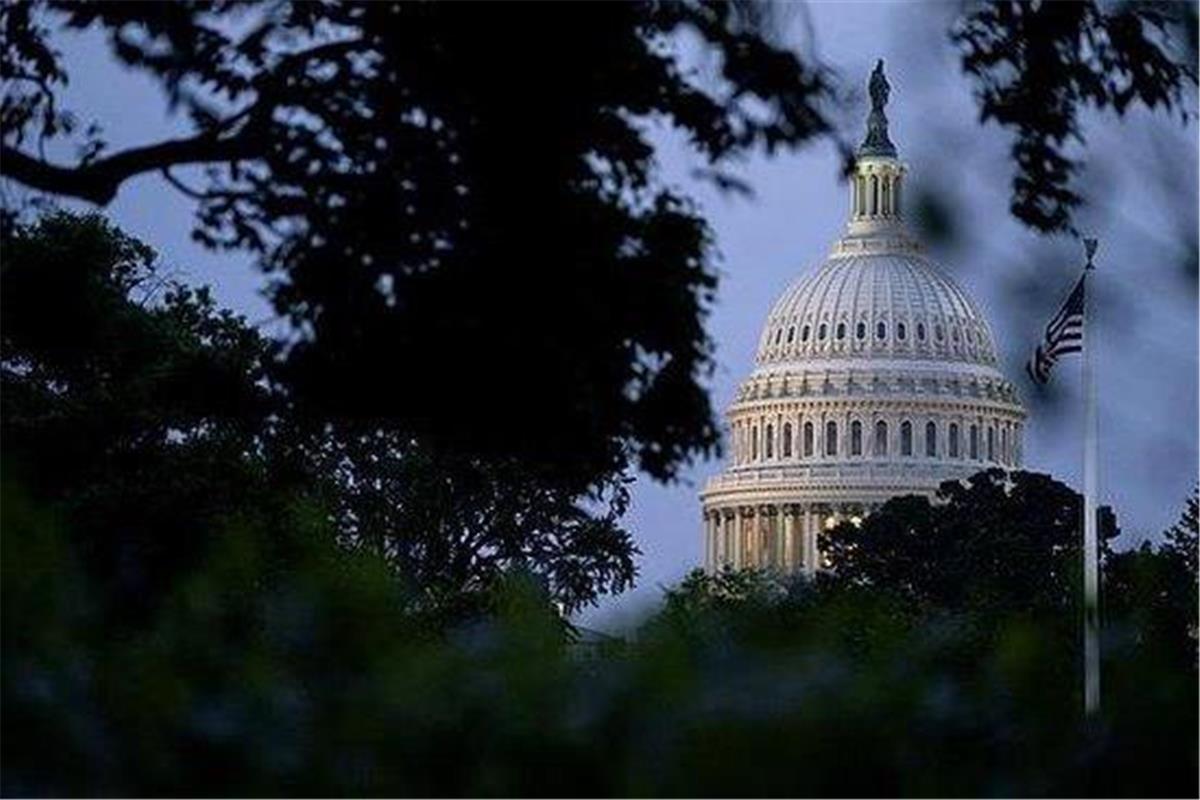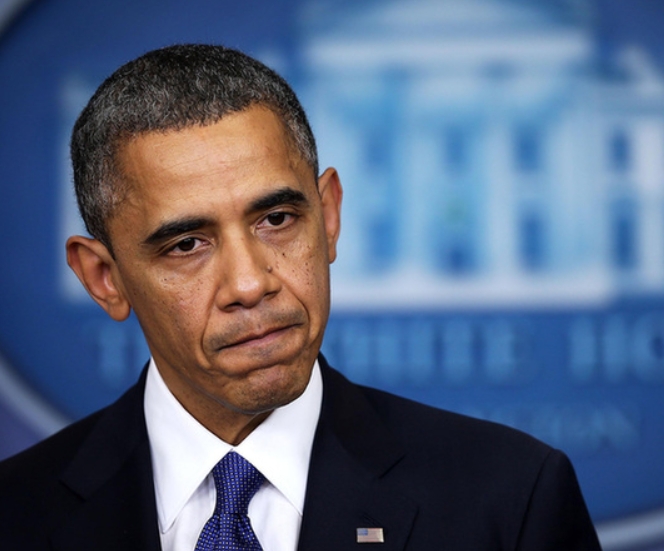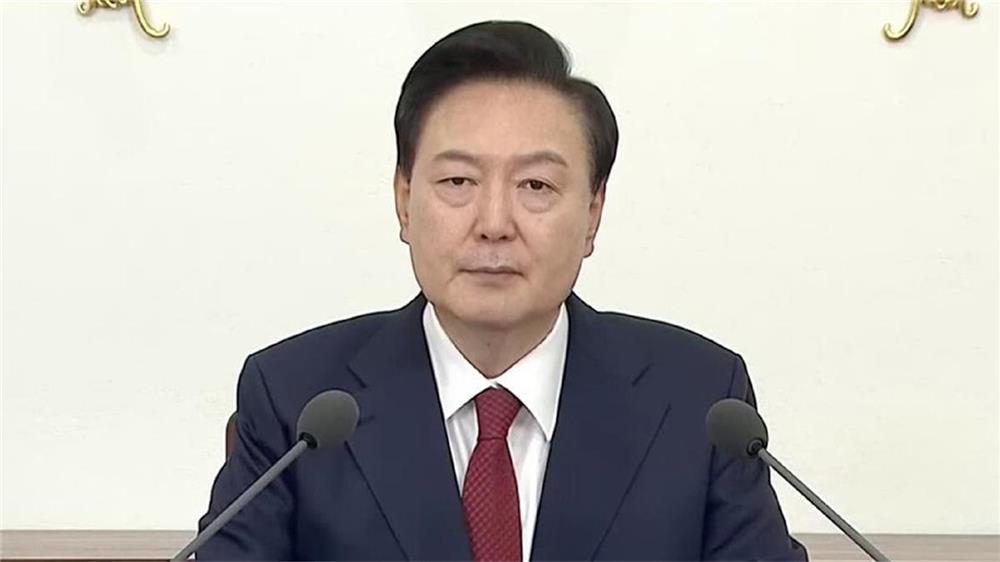More than 1,000 officials are waiting for the U.S. Senate to enter the "confirmation war" of Trump's cabinet

On January 3 local time, US President-elect Donald Trump announced more new nominations for his incoming administration, including former Fox News reporter Tami Bruce as spokesperson for the State Department.
Since securing his historic upset electoral victory in November 2024, Trump has continued to announce the picks for his cabinet. He seems to be on a roll: the long list of cabinet members only needs to be ratified by the Senate now.
Waiting game
The US Constitution stipulates that nominations to the president's cabinet – including the heads of executive departments as well as ambassadors, public ministers, commissioners, and consuls – shall be "with the advice and consent of the Senate."
Now that Trump is on his way back to the White House, he will need to have more than 1,300 officials confirmed by the Senate. It's going to be a very, very long wait.
To reprise the steps, according to most standard procedures and traditions, presidential nominees must wait until they are submitted to the Senate before even being allowed to begin the confirmation hearing journey. First, the nominee will have to pass a confirmation hearing in the Senate committee to which the position belongs before it will be placed on the Senate's Executive Calendar to await a floor vote by the full Senate on whether to confirm.
Naturally, this is a long process. In addition to the time needed to review the nomination, which will include collecting, studying, and sometimes producing certain materials to present to the committee, the nominees must also prepare to meet with senators and staff, sometimes over long periods of time.
And that's just at the committee level; it gets worse from there. Once the president submits a nomination, Senate Republicans or Democrats might "hold" the nomination for any reason. This is a form of political leverage used by the minority or majority party when they do not get the votes they want on other pending bills or issues. A nomination is placed into a seemingly never-ending holding pattern. It's difficult, and at times, even impossible, to predict for how long. It could go on for a while.
According to data from the Congressional Research Service, from early February until President Biden's confirmation process was essentially complete in early December 2021, the average time from date of official submission to the Senate until confirmation was around 192 days – over six months. But that is merely an average and doesn't really show the true picture.
A look at any Senate confirmation calendar over the course of American history will show there is typically a long backlog of nominations pending full Senate votes.
For the record, Biden has only confirmed 59% of total nominees for which the Senate held a roll call vote, according to govspotlight.us. And there are more than 200 appointments yet to be filled out of 504. Some positions have literally sat empty for years and, according to reports, could remain unconfirmed for a very long time.
So what this all means is that there are many positions that are not yet confirmed. In some instances, that delay can have profound impacts beyond just the position itself. Many departments and agencies are not able to plan for the long term. There are also public-health issues to consider. Agencies whose services are required to provide public-health interventions, for example, are often crippled without confirmation.
Pass the Pentagon pick?
Defense secretary nominee Pete Hegseth will get his chance to pitch himself for the powerful position to the Senate Armed Services Committee on January 14, Reuters has reported, citing people with knowledge of the meeting.
The pick to lead one of the most important government apparatuses comes amid a controversy: While appearing on a Fox TV show in July 2017, Hegseth allegedly propositioned a 22-year-old woman for oral sex but stopped short of following through – even though the woman did try to help him achieve that objective. She said Hegseth had told her to stop when Fox News' security chief walked by. Hegseth has not been charged and denies he ever said anything that could be construed as harassment.
The revelations of this past behavior have created a firestorm. The outcry forced Hegseth to issue a statement to clarify his "thoughts and actions" in an "alleged consensual encounter during a previous on-air segment seven years ago." He said it was now his "full-time responsibility to continue to fight to earn" the Pentagon job.
"I'm going to continue to fight for this job ... I hope that we all can have that grace for Pete," Trump vowed.
So far, there have been no public statements from top Senate Republicans saying they will withhold their vote on Hegseth for this role. Republicans control a 53-47 Senate majority, which is generally enough for any Senate Republican nominee to overcome any Democratic opposition for the position. Still, there is a lot of anger within the Republican Party over Hegseth, and it won't simply go away anytime soon.
The 'confirmation wars'
In the annals of American history, it is rare that a president, Democratic or Republican, does not have his nominees for the cabinet confirmed. It has happened over a long period of American history.
There are at least six senators who could vote "no" to a presidential nominee if they chose to.
For example, a president could pull a nomination if the nominee has some objectionable quality, as occurred with Matt Gates for attorney general, or Chad Wolf for drug czar – citing he couldn't do the job effectively. This happened with former President Bill Clinton, as well as former President Barack Obama and even President Biden.
It's very rare, though, but not unheard of, for a Senate vote on a presidential nominee to be rejected by the Senate. This could happen to any of Trump's nominees, including Hegseth, though it is hard to imagine it coming to that.
It certainly warrants watching to see what happens to the Pentagon pick. The other potential landmines to watch out for include:
Gabard was a Democrat in Congress representing Hawaii for eight years until she quit the Democratic Party in 2022. Beyond her eight years of being a card-carrying Democratic representative, her past advocacy for Russia and anti-Western statements during her ill-fated presidential campaign, could make her a hard sell to the Senate GOP caucus. She's on thin ideological ice, no matter who you ask.
Aides to Senate Republicans have said they are likely to grill her about the Ukrainian "concerns".
"She's the one [nominee] that I personally, I would not put it past to not being confirmed," an aide to the Senate GOP caucus said.
In December, 77 Nobel laureates sent an open letter urging the Senate to withhold its consent for Biden's choice for Health and Human Services Secretary, Robert F. Kennedy Jr. The Nobel laureates are experts in medicine, chemistry, and physics.
"Although he (Kennedy) is not trained in medicine, science, public health, or administration of the kind undertaken by HHS, he opposes many vaccines – including those against polio and measles – that prevent illness, save lives, and have helped make this world a better place," according to excerpts published in the New York Times.
"I think it's a really, really bad idea for (Kennedy) to be heading any part of the executive branch, let alone HHS," Senator Bill Cassidy said on Fox News.
Senate Minority Leader Mitch McConnell has weighed in and said, "It is not just ignorance to undermine confidence in scientifically proven treatments that save many lives, it is dangerous." "Anyone hoping for Senate consent to join the new administration would be best-served by steering clear of those events," he said.
After November's election, Trump said he will nominate Kash Patel for director of the CIA – one day after current Director Chris Wray rejected the possibility of stepping down as planned when the president-elect assumes office on January 20. Wray was set to serve out the remainder of his 10-year term and would remain through August 2026.
Patel was picked by then-President Donald Trump to run an interagency working group on China, and he also chaired the White House Trade and Manufacturing Council.
After the president-elect said he plans to make the move, US National Security Adviser Jake Sullivan said "It's not a traditional decision. I can't get into the internal thinking of that decision."
Patel is seen by Republicans as a true believer, and he is among the nominees that Democrats are likely to attack the most. He has railed against current director Wray and called the FBI "utterly compromised, utterly coopted" and said, "Unless some radical measures are taken, it is an existential threat to the American people." He said the FBI has "surrendered its soul, sold it to the devil, the left, to dark forces."
So how is it decided?
While it is unlikely that senators, both Republicans and Democrats, would turn down any of Trump's cabinet picks, it is possible to see them taking a political toll in the 2026 midterm elections over this issue.
There is little doubt that Trump's cabinet picks and his new executive appointments will be a political headache for Republicans on the campaign trail. Republicans will no doubt face a barrage of attack ads, mailers, and phone calls from Democrats who are ready to exploit the pick for full political leverage to retake Congress in two years.
Polls from late last year show that Republicans have work to do. Only one in three Americans report having confidence in Trump's picks for his cabinet, according to an Associated Press poll. A Fox News poll showed 50% disapproving of the picks. (Full disclosure: Most Fox News viewers are conservative.)
 Famous Persons
Famous Persons English
English
 Kelly
Kelly Facebook
Facebook Twitter
Twitter Pinterest
Pinterest Linkin
Linkin Email
Email Copy Link
Copy Link










